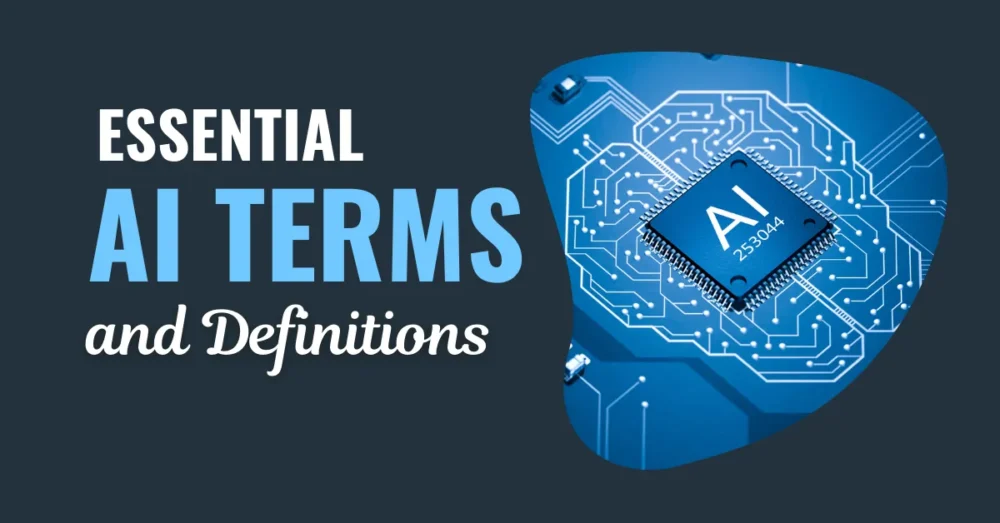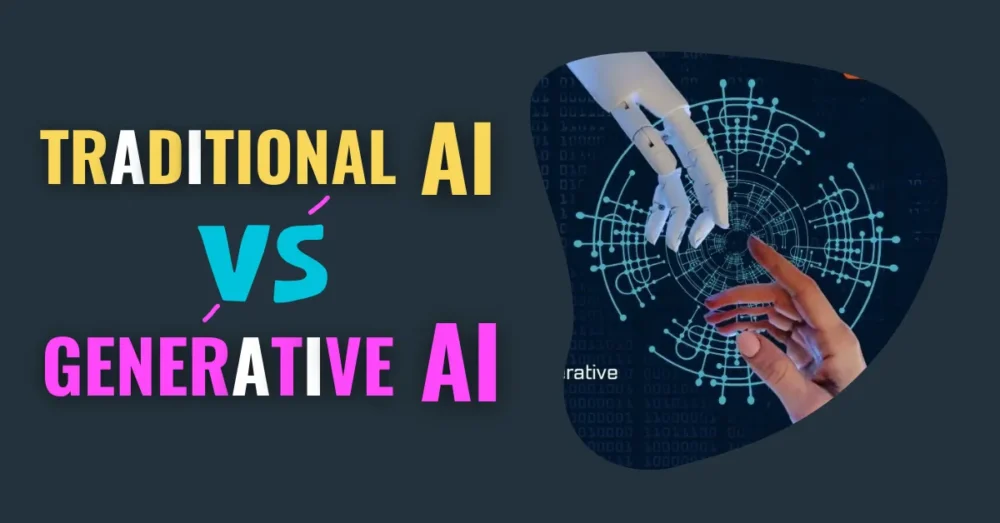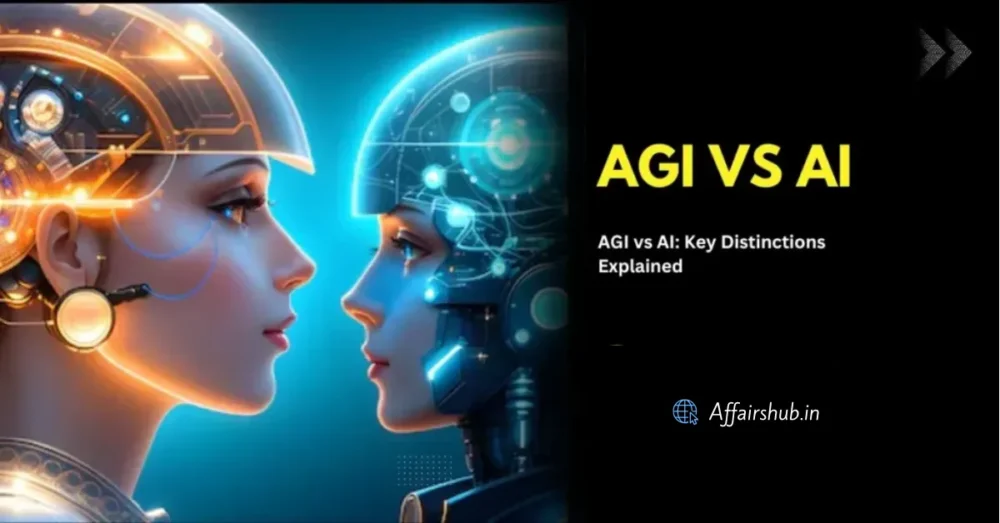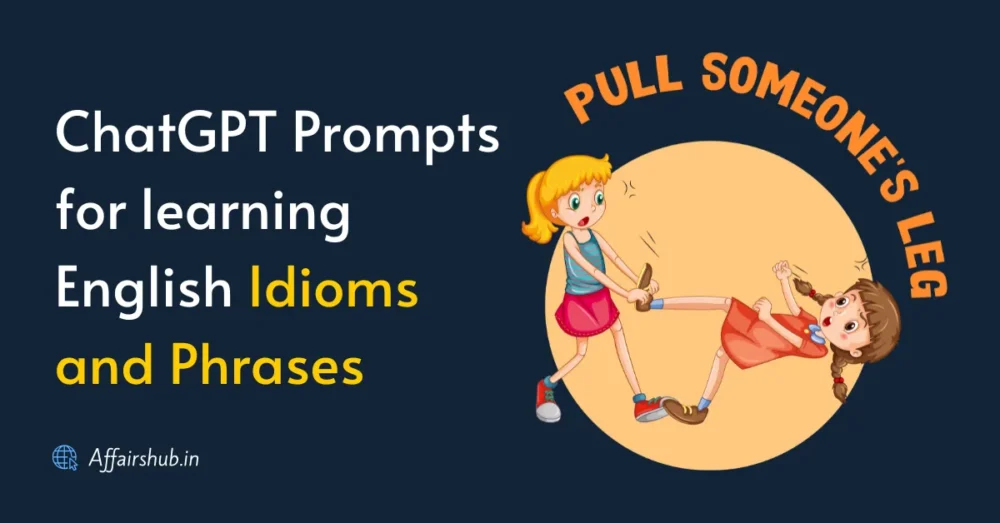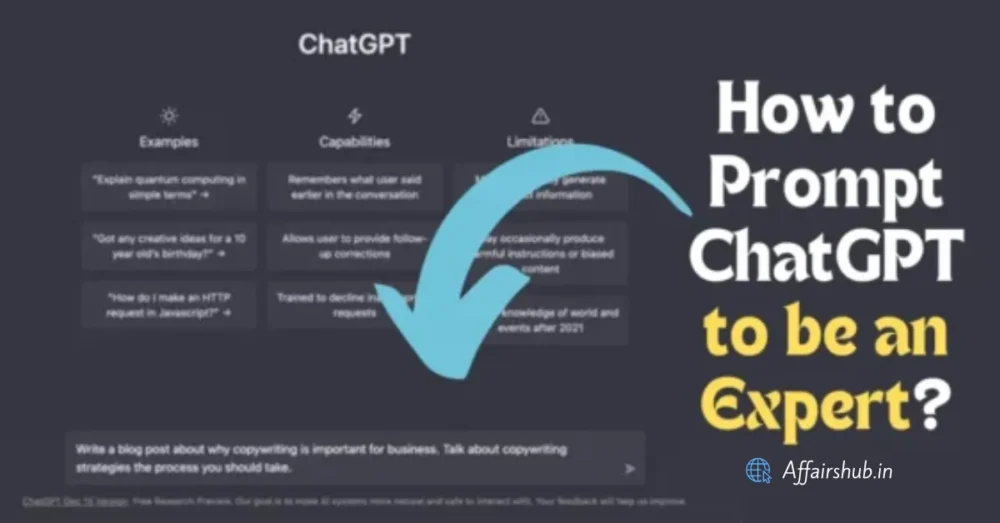Imagine having a virtual study buddy that can answer any question you throw its way. That’s the potential of ChatGPT, a powerful language model that’s taken the educational world by storm. But just like a real conversation, sometimes ChatGPT’s responses might not be as clear or helpful as you’d like.
The good news? There are ways to enhance ChatGPT response quality, making it an even more valuable tool for your studies and educational content creation. In this blog post, we’ll delve into the factors that influence how well ChatGPT understands your prompts and delivers high-quality responses.
So, whether you’re a student seeking sharper answers or an educational content writer looking to leverage AI for more engaging content, this guide is for you! We’ll equip you with the knowledge to unlock ChatGPT‘s full potential and get the most out of this revolutionary tool.
✅ Read Also: How to Use ChatGPT: A Definitive Guide for Students
Introduction
Overview of AI-generated Content in Indian Education
The integration of AI-generated content is steadily increasing in Indian educational settings. With advancements in technology, Indian students are adopting AI tools for learning and research, enhancing their academic experience.
ChatGPT and its Role
ChatGPT is a pivotal AI tool aiding Indian students in their academic endeavours. It serves as a virtual assistant, offering responses to queries and aiding in various academic tasks. Whether solving complex problems, providing explanations, or generating content, ChatGPT plays a vital role in facilitating learning and research.
Significance of Reliable Information Sources and Critical Thinking
In the field of AI-generated content, the significance of reliable information sources and critical thinking skills cannot be exaggerated.
Indian students must distinguish between trustworthy and unreliable sources to ensure the accuracy and credibility of the information they access.
Critical thinking skills empower students to evaluate AI-generated content effectively, enabling them to make informed decisions and draw valid conclusions.
The Role of ChatGPT in Academic Settings
Utilization as a Learning and Research Tool
ChatGPT is a versatile tool for learning and research in academic settings across India. It provides students with instant access to vast amounts of information, aiding in comprehension, problem-solving, and idea generation.
Students can utilize ChatGPT to seek clarification on complex topics, brainstorm ideas for projects, and even draft academic papers.
Benefits and Challenges of Relying on AI-generated Responses
Benefits
- Accessibility: ChatGPT provides instantaneous responses to queries, making learning more efficient and accessible for Indian students, especially those in remote areas. It is available 24/7, unlike home or private tutors.
- Diverse Knowledge Base: With access to a wide range of data, ChatGPT offers students insights from various disciplines, enriching their learning experience.
- Personalized Learning: ChatGPT can adapt to individual learning styles and preferences, catering to each student’s unique needs.
- Time-saving: By automating tasks like research and content generation, ChatGPT frees up time for students to focus on deeper understanding and application of concepts.
Challenges
- Accuracy and Reliability: AI-generated responses may lack accuracy or reliability, leading to misinformation or incomplete understanding of concepts.
- Contextual Understanding: ChatGPT’s responses may sometimes lack context or fail to grasp the nuances of specific queries, impacting the relevance of the information provided.
- Overreliance: There’s a risk of students becoming overly reliant on ChatGPT, potentially hindering their critical thinking and problem-solving skills.
- Ethical Considerations: Issues such as bias in data or unethical use of AI may arise, necessitating careful consideration and evaluation of AI-generated content.
In navigating these benefits and challenges, students can leverage ChatGPT as a valuable tool while also developing critical thinking skills to evaluate and contextualize the information it provides.
Factors Impacting ChatGPT Response Quality
Context Specificity
Context-specific queries play a crucial role in determining the accuracy of ChatGPT responses.
The more detailed and specific the context provided, the better ChatGPT can understand and generate relevant answers.
Without proper context, ChatGPT may produce generic or irrelevant responses, leading to misunderstandings or misinformation.
Examples
- Asking, “What are some good books?” This prompt is vague and could lead to a list of books across various genres and topics without considering the requester’s specific interests or preferences.
- Requesting “How to solve a physics problem?” without providing specific details about the problem type or variables may result in generic solutions that don’t address the student’s specific query.
Language Proficiency
Language proficiency significantly influences ChatGPT’s comprehension and response generation capabilities. Clear and concise language aids ChatGPT in understanding queries accurately and producing relevant responses. Students with strong language skills can effectively communicate their queries, leading to better interaction and more accurate answers from ChatGPT.
Tips
- Use simple and straightforward language to convey queries, avoiding jargon or complex sentence structures.
- Break down complex concepts into smaller, digestible parts to enhance ChatGPT’s understanding.
- Provide relevant keywords or terms related to the topic to help ChatGPT generate precise responses.
Ethical Considerations
Ethical concerns surrounding AI-generated content, such as bias and misinformation, require careful consideration.
If not critically evaluated, ChatGPT’s responses may reflect biases present in its training data or propagate misinformation.
To mitigate these ethical risks, students must approach AI-generated content with a critical mindset, questioning and cross-referencing information from reliable sources.
Importance
- Critical evaluation of ChatGPT responses helps identify and address biases or inaccuracies present in the AI model.
- Cross-referencing information from reputable sources ensures the reliability and credibility of AI-generated content, reducing the risk of misinformation.
- By actively engaging in ethical considerations, students contribute to fostering a culture of responsible AI usage and promoting the integrity of academic research and learning.
Practical Tips for Improving ChatGPT Response Quality
Provide Clear Context
Students should provide clear and detailed context when seeking assistance from ChatGPT. By offering specific details about the topic or problem at hand, students enable ChatGPT to deliver more relevant and accurate responses.
Examples:
- Instead of asking “What is climate change?” provide context by specifying, “How does climate change affect agriculture in India?”
- Rather than asking a generic math question, provide details such as the problem type, known variables, and any specific instructions given by the teacher.
Verify Information from Reliable Sources
It’s crucial to cross-reference information obtained from ChatGPT with reliable sources to ensure accuracy and credibility.
Students should validate the information provided by ChatGPT using trustworthy sources such as academic journals, textbooks, and reputable websites.
Suggestions
- Consult academic journals or textbooks related to the topic to corroborate information obtained from ChatGPT.
- Use reputable websites endorsed by educational institutions or subject matter experts to verify facts and data provided by ChatGPT.
Develop Critical Thinking Skills
Developing critical thinking skills is essential for evaluating the credibility and reliability of AI-generated responses.
Students should learn to question, analyze, and verify information to make informed decisions and avoid falling victim to misinformation or biases present in AI models.
Strategies
- Question the validity of the information provided by ChatGPT by considering alternative perspectives and sources.
- Analyze the logic and coherence of ChatGPT responses to assess their reliability and accuracy.
- Verify information by cross-referencing with multiple reliable sources and identifying consensus among them.
Feedback Loop
Students should actively participate in providing feedback on the accuracy and relevance of ChatGPT responses. By offering constructive feedback, students contribute to the continuous improvement and refinement of AI models, enhancing their effectiveness and reliability over time.
Example
For instance, suppose a student, Riya, utilizes ChatGPT to seek clarification on a challenging physics concept. After receiving a response, Riya noticed that the explanation of a specific formula was unclear.
Instead of dismissing or closing the response, Riya takes the initiative to provide feedback, expressing her confusion and suggesting ways to improve the explanation.
This feedback is invaluable as it allows developers to identify areas for enhancement in ChatGPT’s understanding of complex physics concepts.
As a result, future students seeking similar explanations will benefit from a more refined and accurate response, highlighting the importance of active student participation in the feedback loop for continuous improvement.
Importance
- Continuous improvement relies on user feedback to identify areas for enhancement and address any inaccuracies or shortcomings in ChatGPT responses.
- By engaging in the feedback loop, students play a crucial role in shaping the development of AI technologies, ensuring they meet the needs and expectations of users in educational settings.
Conclusion
In conclusion, the quality of responses generated by ChatGPT in academic settings is influenced by several key factors. These factors, including context specificity, language proficiency, and ethical considerations, underscore the importance of integrating critical thinking skills and utilizing reliable information sources to enhance the effectiveness and reliability of AI-generated responses.
Key Factors Influencing ChatGPT Response Quality:
- Context Specificity: Providing clear and detailed context enables ChatGPT to deliver more relevant and accurate responses, highlighting the importance of articulating queries effectively.
- Language Proficiency: Clear and concise language aids ChatGPT in understanding queries accurately, emphasizing the significance of framing questions in a manner comprehensible to the AI model.
- Ethical Considerations: Cross-referencing information from reliable sources mitigates the risk of bias and misinformation, emphasizing the need for students to evaluate AI-generated content critically.
Importance of Integrating Critical Thinking Skills
The integration of critical thinking skills is paramount in evaluating the credibility and reliability of AI-generated responses. By questioning, analyzing, and verifying information, students can make informed decisions and avoid potential pitfalls associated with relying solely on AI-generated content.
Empowerment of Students
Empowering students to leverage AI tools responsibly and critically evaluate the information they receive is essential. By fostering a culture of responsible AI usage and promoting the development of critical thinking skills, students can harness the potential of AI technologies while mitigating risks associated with misinformation and bias.
In essence, by embracing these principles and approaches, students can enhance their academic experience, leveraging AI tools like ChatGPT effectively and responsibly in their pursuit of knowledge and learning.
As we conclude our discussion on enhancing ChatGPT response quality, I urge educational bloggers and students alike to actively engage in sharing their experiences and insights on utilizing AI tools responsibly in academic pursuits.
Encouragement to Share Experiences
Educational bloggers possess a unique platform to share their experiences and insights on leveraging AI tools like ChatGPT in educational settings. By documenting their experiences, challenges, and successes, they can offer valuable guidance and inspiration to fellow educators and students navigating the integration of AI technologies into their learning journey.
Student Engagement
For students, sharing their experiences with AI tools such as ChatGPT can provide valuable perspectives on the benefits and challenges encountered. Whether through blog posts, social media, or classroom discussions, students have the opportunity to contribute to the collective understanding of AI’s role in education and its impact on learning outcomes.
Emphasis on Collaboration
Furthermore, it is essential to recognize that the improvement of AI models requires a collaborative effort. By providing feedback, suggestions, and insights, educators and students can contribute to the continuous refinement and enhancement of AI technologies, ensuring they meet the evolving needs of the educational landscape.
Fostering a Culture of Critical Thinking
Finally, let us emphasize the importance of fostering a culture of critical thinking and responsible use of technology in education. By encouraging students to evaluate AI-generated content critically, we empower them to become discerning consumers of information and active participants in shaping the future of AI in education.
In summary, let us come together in a collaborative effort to share experiences, insights, and feedback on utilizing AI tools like ChatGPT responsibly in academic pursuits. Through our collective efforts, we can pave the way for a future where AI enhances learning outcomes while promoting critical thinking and responsible use of technology in education.
